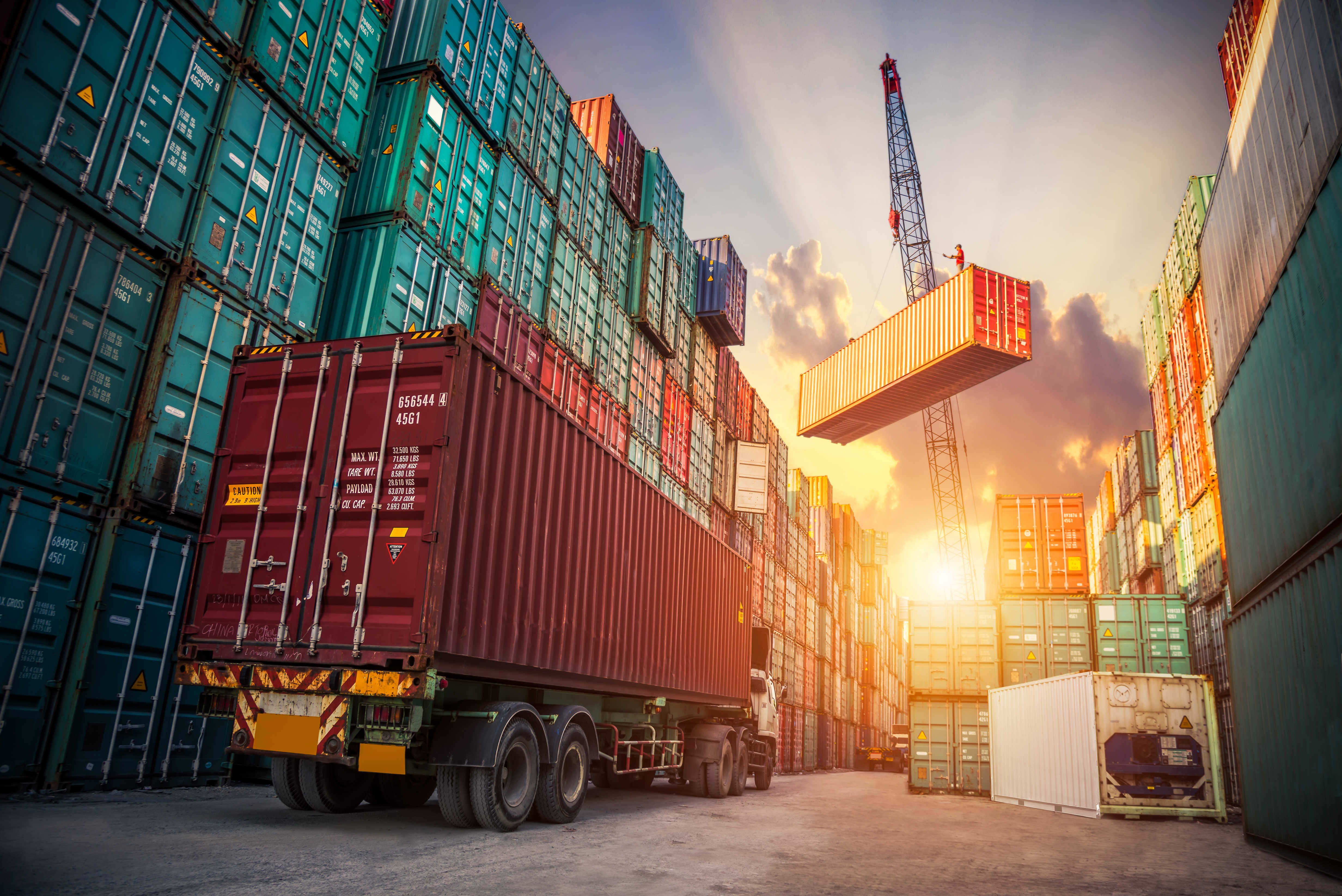
In September 2005, the US government announced that all wood packaging materials (WPM) coming into the country must be heat treated or fumigated with Methyl Bromide. Ever since then, importers that did not follow this rule have had to bear the consequences.
The purpose of this implementation is to protect plants of the country and the world. The rule is applied to all cargo entering the country with NO exceptions. If a bug is found in a container, it is very likely to be resent to the country of origin without even ordering fumigation for the possibility of re-entering the US.
Importers and exporters must understand that this implementation is not to add any kind of hardship to the trade, it is to protect the environment and prevent the damage that is caused every year in billions of dollars to farmers, governments and ultimately to consumers. Meaning you and me. So it is a chain reaction that affects us all and it is beneficial to every country that wants to protect their wild and cultivated plants.
It is not only the importers’ and exporters’ role to be responsible in this matter, it is the responsibility of all traveling individuals. Importers must educate their shippers on the importance of using the correct materials, if the wood packing, pallets, skids have to be used.

The way US Customs checks for WPM compliance is simply visual, by viewing the pallets and checking if the pallets have the stamps; so it is important to make sure that each pallet is stamped on all sides.
If U.S. Customs and Border Protection orders the containers for immediate re-exportation they usually need to be shipped back within 72 hours. However once it has been established that the container is infected, not all the carriers accept the container on their vessels, or naturally ask for fumigation before it can be loaded on the vessel.
It also is important to know that the infected container is in no way accepted to travel within the county even on rail for re-exportation purposes. The cost of the return – that is if customs decides to return the container with the cargo (not only the wood packing) to the country of origin – this will be much more costly than importing costs.
So we urge all traders to study well on the WPM requirements before the goods leave the origin and make sure all ends are taken care of. Wood Packing Materials are regulated under International Standards for Phytosanitary Measures 15 (ISPMs) and now applied by 177 countries. Please visit www.cbp.gov for more information.
It must be remembered as our responsibly to our earth and fellow human beings to act with keen attention to this, and the rest will follow smoothly.




